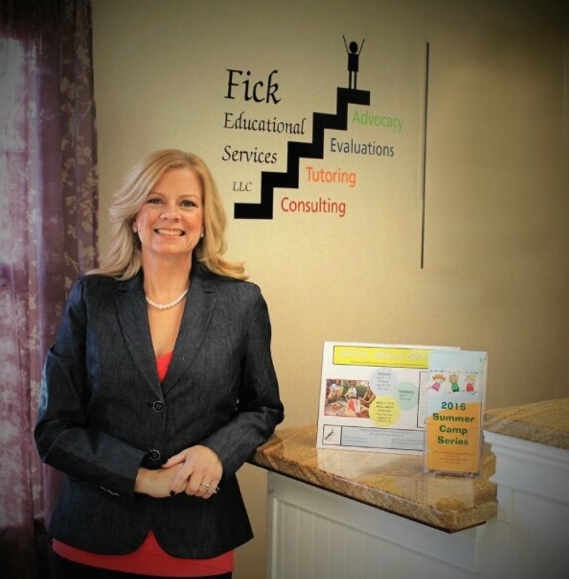Grit can be defined as hard work, consistency, resilience, and perseverance. It’s the ability to stick with something even when it’s tough or uncomfortable — or when you’ve tried and not been successful right away. Unfortunately, our schools and universities are full of students who have not had this quality instilled in them and we see academic struggles even with lowered expectations from teachers and professors. According to a 2015 Psychology Today article, “We have raised a generation of young people who have not been given the opportunity to learn how to solve their own problems, to get into trouble and find their own way out, to experience failure and realize they can survive it, to learn how to respond to challenges without adult intervention.”
Too often we look at successful people and assume they’ve just been lucky or were born with more smarts or abilities than we have. This is not the truth! All people struggle and some have significant challenges to overcome, but what makes the difference is a determination to be willing to fail, to get back up, and to press on towards your goal.
Many kids have a Fixed Mindset – they stick to what they know to avoid failure and avoid challenges so they can appear to have it all together and look smart. We want our kids to have a Growth Mindset – a willingness to confront uncertainties, to embrace challenges, to be willing to put a lot of effort into endeavors, and to not be afraid of failure.
So how can you help your child develop grit to put them on the path to success? Here are some practical suggestions:
- Abstain from instant gratification. Teach your child that in life they will not always get what they want when they want it. This will build self-control.
- Make commitment contracts with your child. These require them to complete tasks before a reward is given. This teaches them perseverance.
- Support your child when they experience setbacks, but do not rush in and take over to fix everything for them. Allow them to work through a situation.
- Help your child understand that you don’t view failures as something to be avoided at all costs, but as something essential to learning and growing. It’s normal – they are normal!
- Teach your child how to handle disappointment and frustration by giving them examples from your life of times things didn’t work out as you’d hoped or expected and what you did to overcome that disappointment.
- Teach your child to be a hard worker and to finish what they’ve started no matter how long it takes or how hard it may be. Again, the best way to do this is to allow them to face the consequences of not doing what’s been asked of them at home and at school.
As you can see, the consistency and grit needed to help your child develop their own grit isn’t easy, but the result is worth all the effort!
“I’ve missed more than 9,000 shots in my career. I’ve lost almost 300 games. Twenty-six times I’ve been trusted to take the game winning shot and missed. I’ve failed over and over and over again in my life. And that is why I succeed.” — Michael Jordan

 Fick Educational Services is devoted to the educational needs of the children through individualized learning plans, tutoring and advocacy.
Fick Educational Services is devoted to the educational needs of the children through individualized learning plans, tutoring and advocacy.

